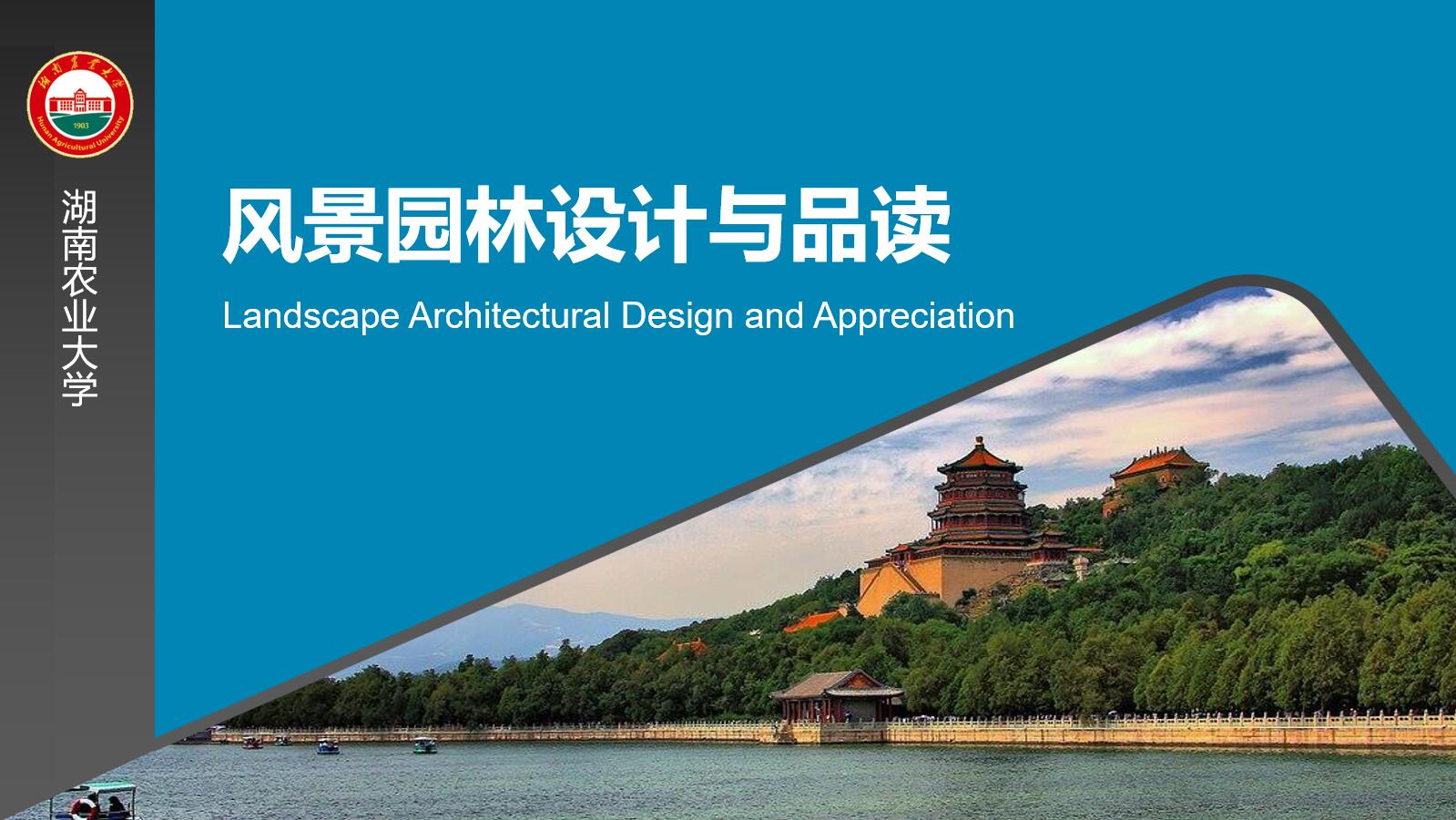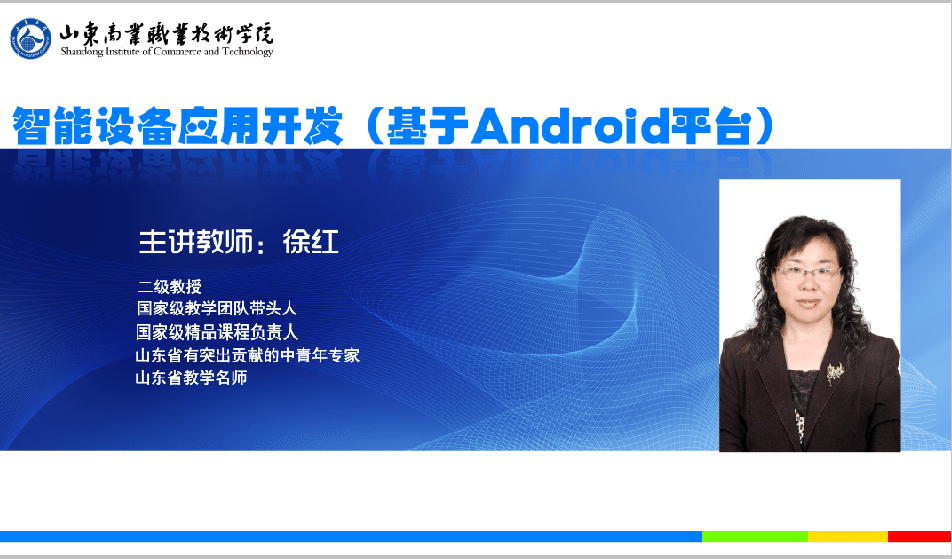
当前课程知识点:国际新闻比较与分析 > 第二章 Deciding What’s News(决定什么是新闻) > 2.2 Gatekeeping and Personal Influences (新闻把关人与记者个人影响) > 2.2 Gatekeeping and Personal Influences
欢迎大家回到课堂
在这堂课中
我们将讨论把关人和个人影响
让我们从把关人的概念开始
看门人如今似乎是家喻户晓的术语
但它不是凭空而来的
它经历了一个构思和发展的过程
它经历了一个构思和发展的过程
即使不是发明
涉及到许多学者的努力
把关人的概念
通常被认为是
已故的德裔美国社会心理学家库尔特·卢因创造的
在他关于群体生活动力学的著作中
他指出
新闻通过某些传播通道的过程
新闻通过某些传播通道的过程
取决于这些通道中
某些发挥着门的作用的区域
进一步类推
他说
门不是由公正的规则控制
就是由把关人管理
在后一种情况下
看门人是
拥有决定谁进和谁出的权力的个人或群体
这就是卢因关于把关的最初概念
事实证明 它极大地鼓舞了
新闻和传播学者
在卢因的概念之后
戴维·曼宁·怀特
他是卢因的学生兼好友
是首先在新闻研究中引入把关的概念的学者
是首先在新闻研究中引入把关的概念的学者
他调查了一个真正的把关人的工作
一家晨报的匿名电报编辑
位于美国中西部一个小城市
他把他叫做盖茨先生
这篇开创性的文章
《把关人:一个有关新闻选择的个案研究》
发表于1950年
它很快流行起来
今天这一概念已经超越了科学范畴
成为新闻记者和新闻观众家喻户晓的名字
成为新闻记者和新闻观众家喻户晓的名字
正如我们现在所知道的
存在着一个把关的过程
在现实世界中的事件
和新闻如何在媒体中出现之间
有一连串的把关人在做这项工作
在所有的把关人中
记者的角色可能是
人们能想到的最明显的角色
这就是为什么在影响新闻的层级模式中
记者是影响力的第一级
这意味着记者处理和报道新闻的方式
不可避免地受到其个人特征的影响
这些个人特征包括
记者的个人背景
比如他们的性别 种族 性取向
他们来自哪个社会阶层
接受过什么样的教育
属于哪个年龄段或哪一代
可以理解的是
来自不同背景的记者
往往会以不同的方式看待世界
因此会以不同的方式选择和构建新闻
即使他们可能在工作之前接受过标准化的
专业培训和教育
例如 许多研究表明
美国媒体工作者绝大部分通常是
男性 白人 异性恋
中产阶级 受过大学教育的人
就是说 社会精英们
然后 你可以问
新闻编辑部和记者团的这种构成会不会
导致新闻内容的偏见
答案很可能是肯定的
这就是为什么 新闻编辑室多样性常常是
媒体监督机构的一个基本问题
比如ASNE
美国新闻编辑协会
正如它所说
提高美国新闻编辑室的多样性
一直是它的首要任务
因此 该机构开展了新闻编辑室多样性调查
以衡量在美国新闻编辑室工作的
女性和少数族裔的比例
自1978年以来 每年都有相关报告发表
例如 最新的报告发布在2018年
调查结果显示 就性别而言
美国新闻编辑室的男性多于女性
女性在新闻编辑部员工总数中占比超过三分之一
女性在新闻编辑部员工总数中占比超过三分之一
在种族方面
白人比有色人种更占优势
有色人种占员工总数的22. 6%
你还可以查看
单个媒体组织的图形
如果你点击这些交互式图形的话
例如
这是新闻编辑室的性别划分
这是种族分类
如果你点击芝加哥论坛报
你可以看到该报女性员工的比例是38%
你可以看到该报女性员工的比例是38%
其中80%是白人 7%是黑人
8%是拉美人 3%是亚洲人
如果你点击华盛顿邮报
你会发现该报52%的员工是女性
你会发现该报52%的员工是女性
71%是白人 12%是黑人
4%是拉美人 13%是亚洲人
这些数字意味着什么
这些数字能带来什么不同呢
当然
这些都是你在日常消费
这些媒体渠道的新闻时需要注意的事情
除了他们的背景之外
个人影响还包括
记者的个人/政治态度
价值观和信仰
例如 美国记者的自由媒体偏见
部分香港记者的亲民主观点和地方导向
部分香港记者的亲民主观点和地方导向
中国大陆记者的儒家思想传统 等
中国大陆记者的儒家思想传统 等
这些价值观和信仰影响着
记者选择和报道新闻的方式
一个很有启发性的例子可以被提供
在我前面提到怀特的把关研究中
这位匿名的新闻编辑盖茨先生
毫不掩饰地表示
他不喜欢杜鲁门的经济政策
他是反天主教的
并且他相当坦率地承认
他对这些问题的看法影响了他的新闻判断
这位盖茨先生雄辩地说
我有一些偏见 固有的或非固有的
但我对此无能为力
由此你可以看出
新闻选择的过程是多么主观 多么有赖个别记者的
经验 态度
和期望
这就是我们所说的新闻工作者的影响
在层级模型中对新闻的第一级影响
在接下来的课程中
我们将探讨其他层面的影响
现在再见了 期待再会
-导论 Test
-1.1 Definition of News (新闻的定义)
--1.1 Test
-1.2 General News Values: Timeliness, Impact, Prominence, Proximity (新闻的及时性、影响力、显著性与接近性)
--1.2 General News Values: Timeliness, Impact, Prominence, Proximity
--1.2 General News Values: Timeliness, Impact, Prominence, Proximity
--1.2 Test
-1.3 General News Values: Conflict, Deviance, Currency, Necessity (新闻的冲突性、异常性、话题性与实用性性)
--1.3 General News Values: Conflict, Deviance, Currency, Necessity
--1.3 General News Values: Conflict, Deviance, Currency, Necessity
--1.3 Test
-1.4 Structure and Value of International News (国际新闻的结构与价值)
--1.4 Structure and Value of International News
--1.4 Structure and Value of International News
--1.4 Test
-2.1 Hierarchy of Influences on News (新闻的影响层级)
--2.1 Hierarchy of Influences on News
--2.1 Hierarchy of Influences on News
--2.1 Test
-2.2 Gatekeeping and Personal Influences (新闻把关人与记者个人影响)
--2.2 Gatekeeping and Personal Influences
--2.2 Gatekeeping and Personal Influences
--2.2 Test
-2.3 Media Routines and Organizational Influences (新闻常规与组织影响)
--2.3 Media Routines and Organizational Influences
--2.3 Media Routines and Organizational Influences
--2.3 Test
-2.4 Extra-Media Forces and Ideology (意识形态与组织外影响)
--2.4 Extra-Media Forces and Ideology
--2.4 Extra-Media Forces and Ideology
--2.4 Test
-3.1 Authoritarian and Libertarian Theories of the Press (媒体的威权主义与自由主义理论)
--3.1 Authoritarian and Libertarian Theories of the Press
--3.1 Authoritarian and Libertarian Theories of the Press
--3.1 Test
-3.2 Social Responsibility and Communist Theories of the Press(社会责任与共产主义理论)
--3.2 Social Responsibility and Communist Theories of the Press
--3.2 Social Responsibility and Communist Theories of the Press
--3.2 Test
-3.3 Comparing Media Systems in the West: Three Models (比较媒介体系的三种模式)
--3.3 Comparing Media Systems in the West: Three Models
--3.3 Comparing Media Systems in the West: Three Models
--3.3 Test
-3.4 Comparing Media Systems in the West: Four Dimensions(比较媒介体系的四个维度)
--3.4 Comparing Media Systems in the West: Four Dimensions
--3.4 Comparing Media Systems in the West: Four Dimensions
--3.4 Test
-4.1 State-Owned Media (国有媒体所有制)
--4.1 Test
-4.2. Public-Owned Media (公共媒体所有制)
--4.2 Test
-4.3. Private-Owned Media (私人媒体所有制)
--4.3 Test
-4.4. Concentration of Media Ownership (媒体所有权集中化)
--4.4 Concentration of Media Ownership
--4.4 Concentration of Media Ownership
--4.4 Test
-5.1 Evolution of Foreign Correspondence(驻外报道的历史与起源)
--5.1 Evolution of Foreign Correspondence
--5.1 Evolution of Foreign Correspondence
--5.1 Test
-5.2 The Role of Global News Agencies (全球通讯社与驻外报道)
--5.2 The Role of Global News Agencies
--5.2 The Role of Global News Agencies
--5.2 Test
-5.3 Foreign Correspondence Beyond News Agencies (通讯社之外的驻外报道)
--5.3 Foreign Correspondence Beyond News Agencies
--5.3 Foreign Correspondence Beyond News Agencies
--5.3 Test
-5.4 Foreign Correspondence in the New Millennium(新世纪的驻外报道)
--5.4 Foreign Correspondence in the New Millennium
--5.4 Foreign Correspondence in the New Millennium
--5.4 Test
-6.1 Foreign Correspondents in China(外媒驻华报道)
--6.1 Foreign Correspondents in China
--6.1 Foreign Correspondents in China
--6.1 Test
-6.2 International Journalism in Chinese Media (中国媒体国际报道)
--6.2 International Journalism in Chinese Media
--6.2 International Journalism in Chinese Media
--6.2 Test
-6.3 Chinese Correspondents in Foreign Bureaus (中国媒体驻外记者)
--6.3 Chinese Correspondents in Foreign Bureaus
--6.3 Chinese Correspondents in Foreign Bureaus
--6.3 Test
-7.1 Definition of Geography of News (新闻地理的定义)
--7.1 Definition of Geography of News
--7.1 Definition of Geography of News
--7.1 Test
-7.2 Geography of Foreign News on Global TV(全球电视国际报道的新闻地理)
--7.2 Geography of Foreign News on Global TV
--7.2 Geography of Foreign News on Global TV
--7.2 Test
-7.3 Who Is Interested in China (外国公众对中国新闻的兴趣)
--7.3 Who Is Interested in China
--7.3 Who Is Interested in China
--7.3 Test
-8.1 Determinants of Global News Flow(全球新闻流的决定因素)
--8.1 Determinants of Global News Flow
--8.1 Determinants of Global News Flow
--8.1 Test
-8.2 World System Theory and Global News Flow(世界系统理论与国际新闻流)
--8.2 World System Theory and Global News Flow
--8.2 World System Theory and Global News Flow
--8.2 Test
-8.3 Towards a New World Information and Communication Order(通往新信息传播秩序之路)
--8.3 Towards a New World Information and Communication Order
--8.3 Towards a New World Information and Communication Order
--8.3 Test




